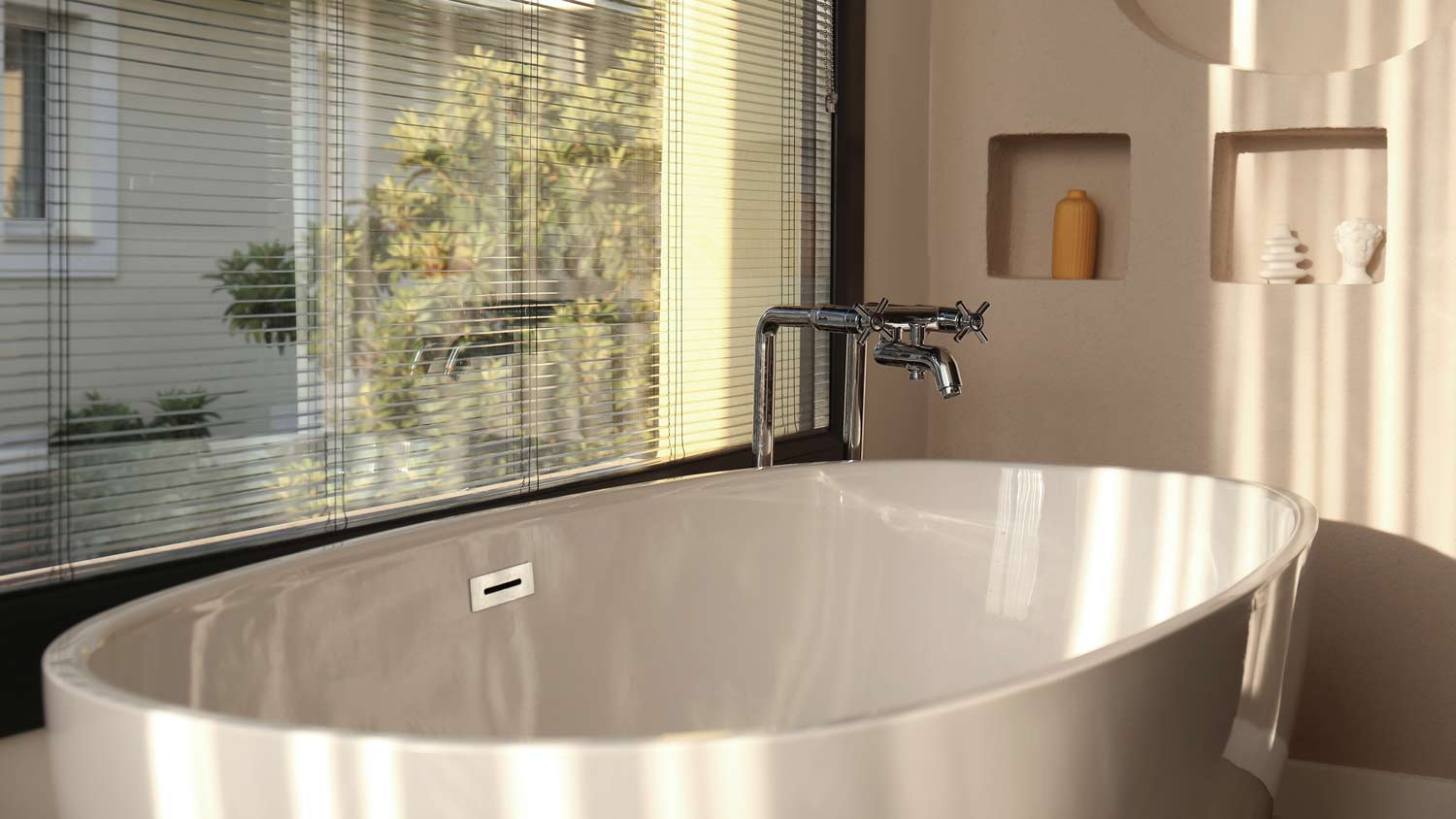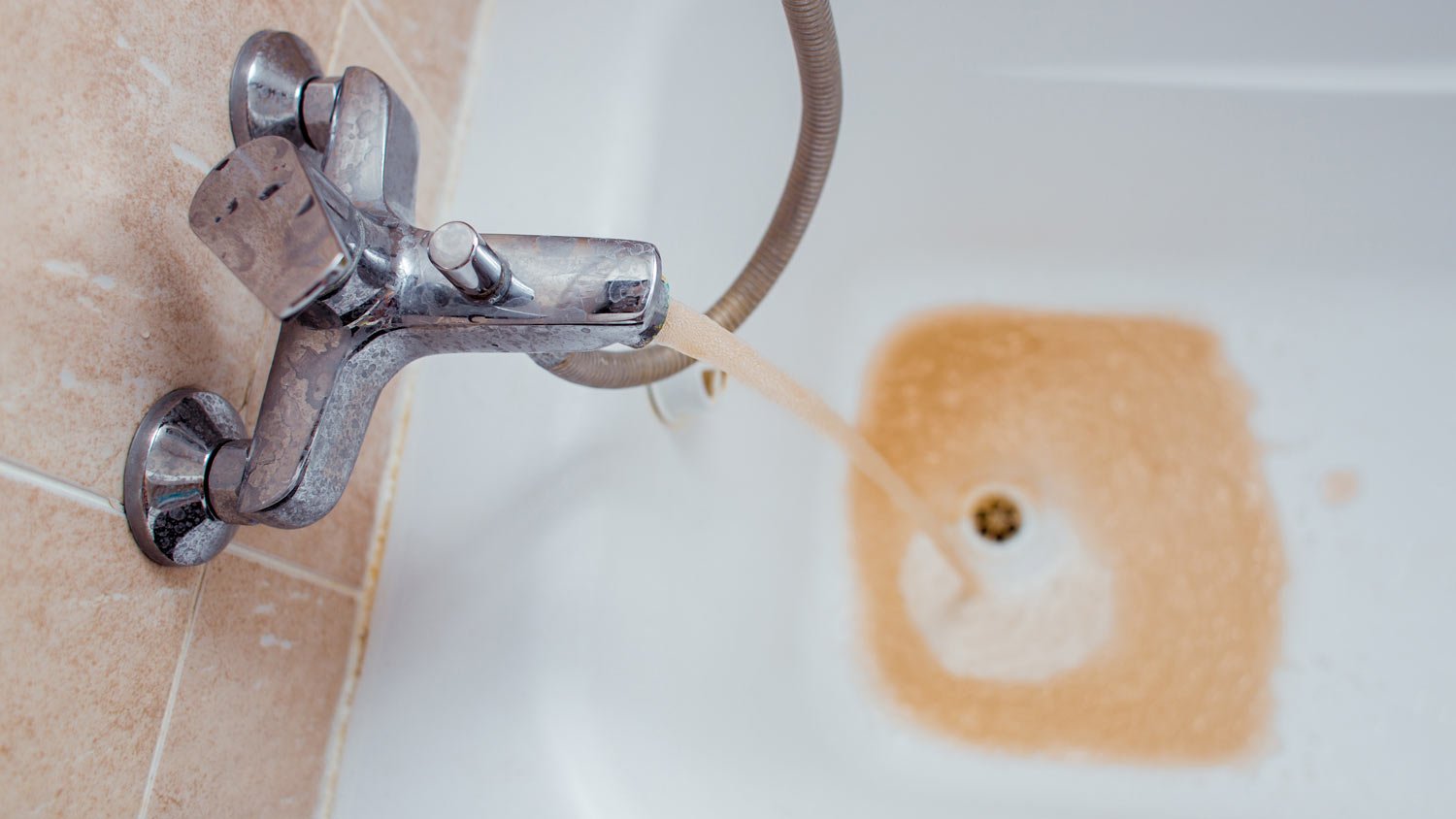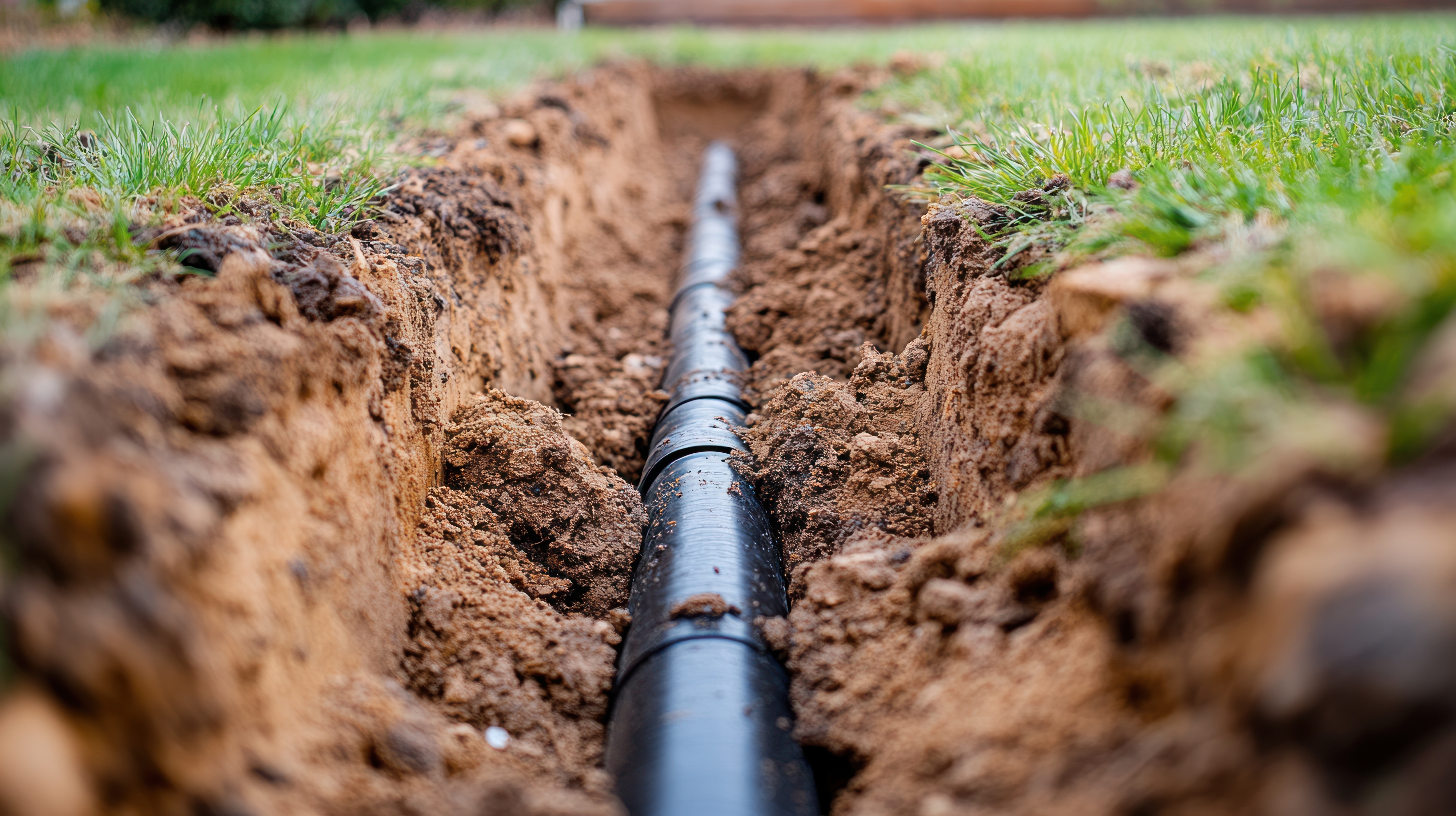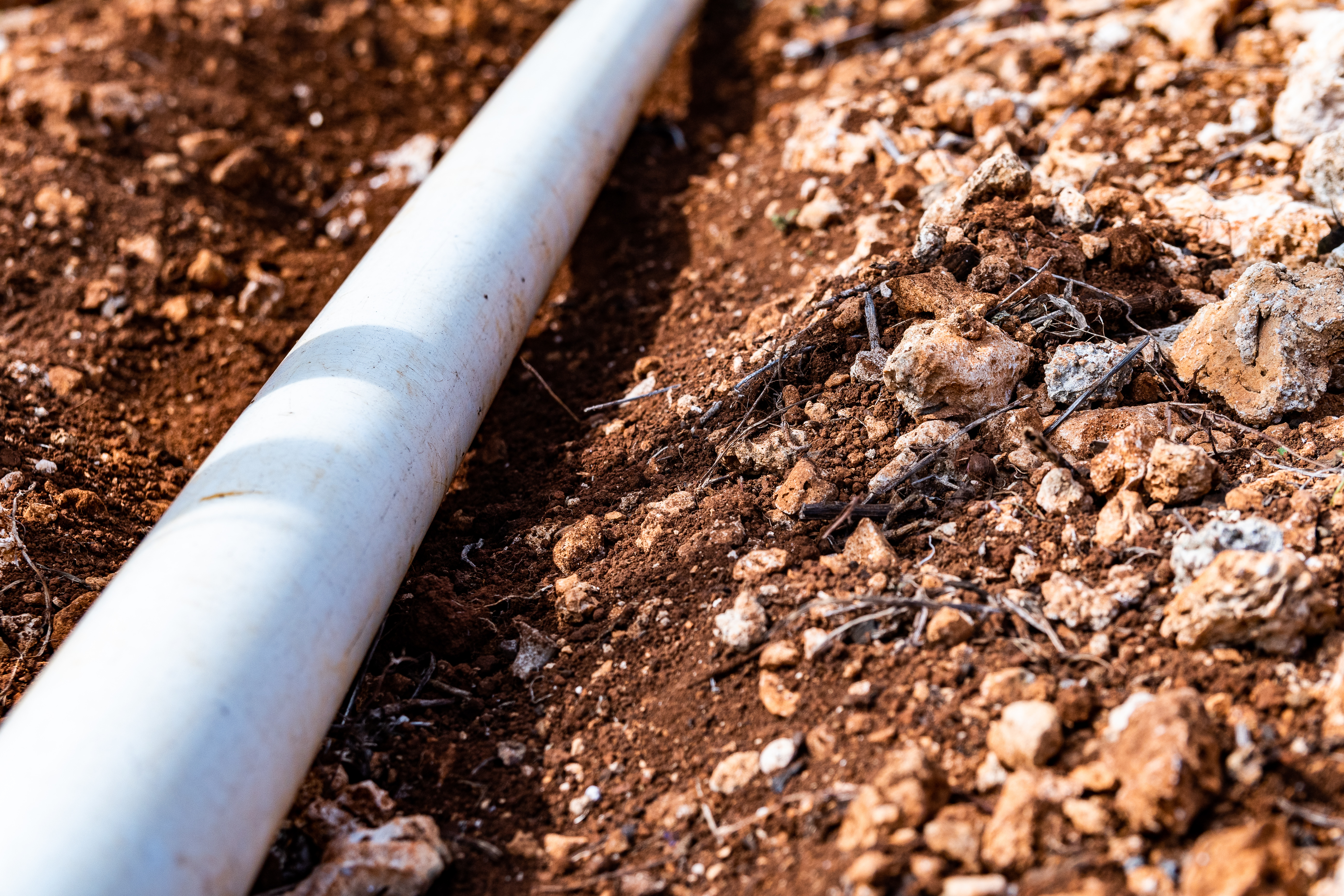
New York plumbers are some of the priciest in the nation. High cost of living and aging buildings contribute to their hefty price tag. Learn the other factors affecting how much a plumber costs in New York City.
Dark bath water may leave your home feeling a little too rustic


Rust and iron are the leading causes of brown bath water.
Try to flush your system over some hours or days.
Call a pro if your water isn’t clear within 24 hours.
Don’t wash any laundry until your water runs clear.
Nothing helps you wind down at the end of the day quite like a nice, relaxing bath—until you notice the water is anything but crystal clear. While seeing dark-hued H2O coming out of the tap is enough to make anyone squeamish, take heart. Chances are there’s a logical (and un-scary) explanation. Let’s dive into the reasons your bath water is brown, and what you can do about it.
Most of the time, brown bath water is from rust or iron buildup. If the brown water lasts longer than a day or seems to be getting gradually worse over time, you’ll need to find the source. To zero in, check if both your hot and cold water are brown. If it’s only your hot water, the buildup is likely in your water heater, not your pipes. In such a case, you may need to contact a local water heater repair pro.
Call a pro to flush your water heater.
They may also check your pipes by opening junctions or with a camera.
Ask whether adding a water softener may help.
This reason for brown bath water isn’t the first thing people think of, but it happens surprisingly often, usually in the summer. Fire hydrants need to be flushed to ensure high water quality and eliminate any rust build-up in the system.
Ask your neighbors. Other people will have the same problem if it's the local pipes.
Wait an hour or so, then run a few taps and flush toilets to clear the system.
This is more common in homes with well water—or another type of private water system—than ones running on a municipal system. Most filters only last 6 months to a year, so if you haven’t replaced them lately, it may be time for a swap. If you replaced them recently, make sure they’re properly installed. If you’re sure your filters are in good condition and installed well, follow the filter to the well itself—there may be problems there.
Check and replace old filters.
Make sure the well itself isn’t throwing off rust.
If the problem persists, a local well pump contractor can help.

Homes have many pipes and water sources, which are all excellent places for iron to build up over time. The iron in the water reacts with oxygen and oxidizes, turning it brown. This is less of an issue in urban zones where the city more heavily filters water before it enters your home. Iron buildup in pipes, unfortunately, often requires you to replace that section of pipe.
Try installing a water softener to prevent further buildup.
You may need a plumber to replace sections of plumbing.
Call your city and see if anyone else is having the same problem.
Brown bath water can clear up on its own, but if it doesn’t after a day or so and none of your DIY fixes prove successful, it’s time to call a local plumbing repair pro to address the issue and ensure your water is safe.
From average costs to expert advice, get all the answers you need to get your job done.

New York plumbers are some of the priciest in the nation. High cost of living and aging buildings contribute to their hefty price tag. Learn the other factors affecting how much a plumber costs in New York City.

Discover the primary factors that affect your main water line replacement cost in New York, including length, materials, and the necessary installation method.

Discover the pricing factors that will affect your main water line repair cost in New York, including the repair type, size, and accessibility challenges.

What is an anti-siphon valve? Our guide covers what it is, how to install one, and more tips to ensure that your drinking water stays fresh and protected.

Winter can be particularly harsh on your plumbing—from water heater issues to frozen pipes. As the weather gets chilly, use these tips to prepare your home and avoid a costly winter plumbing leak.

Slow drains and foul smells are telltale signs of a clogged plumbing vent. Find out how to unclog a plumbing vent without getting on the roof in this guide.